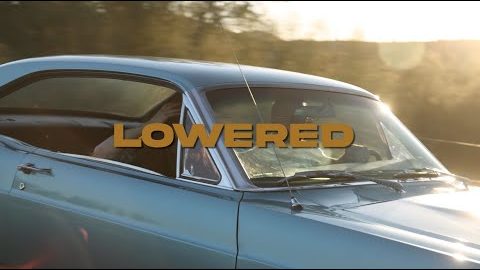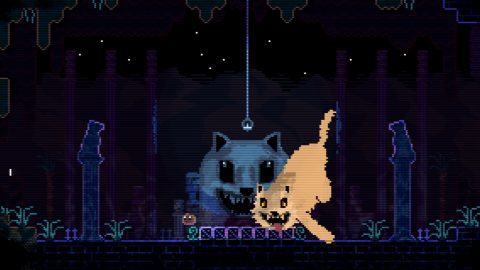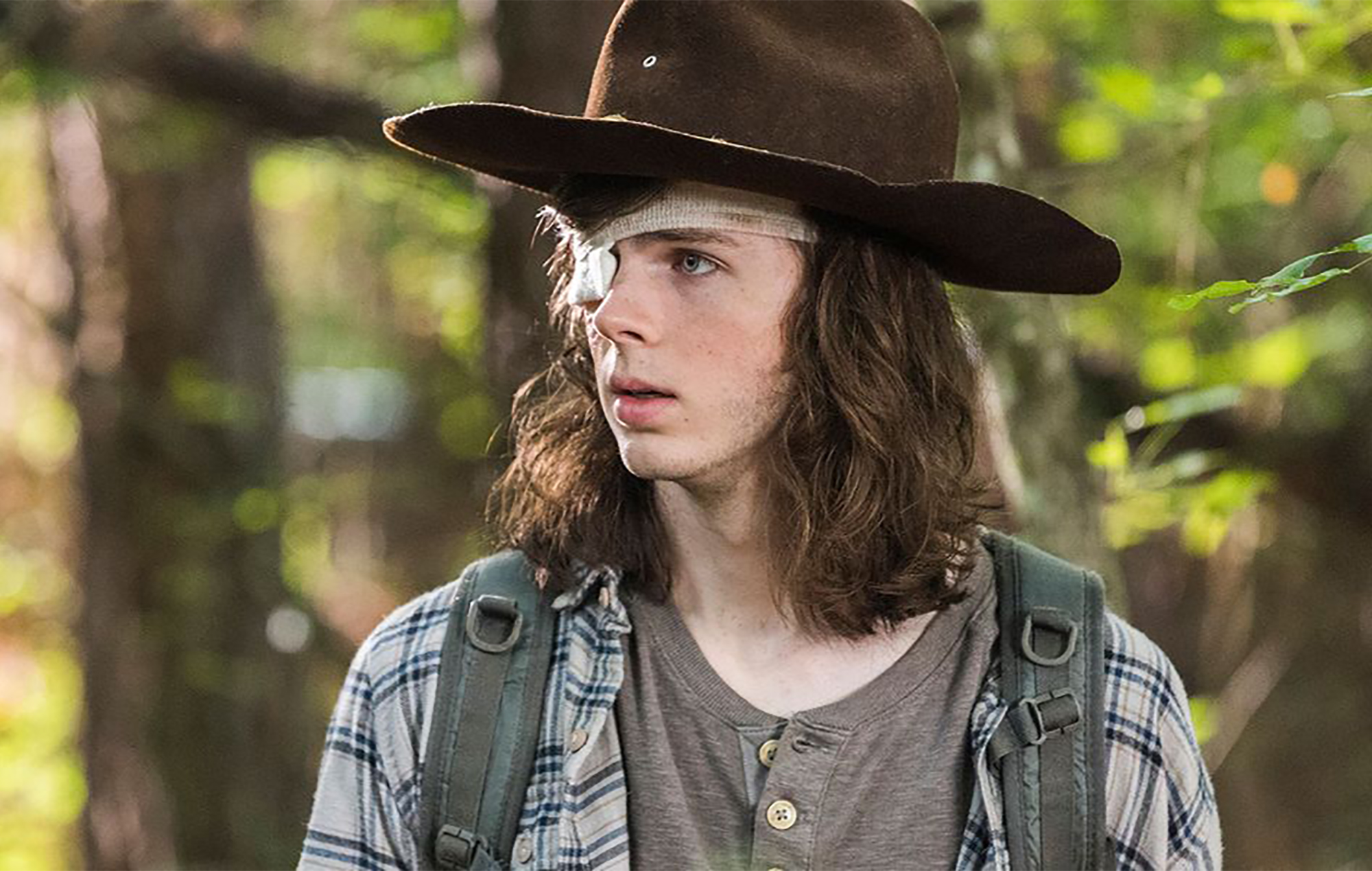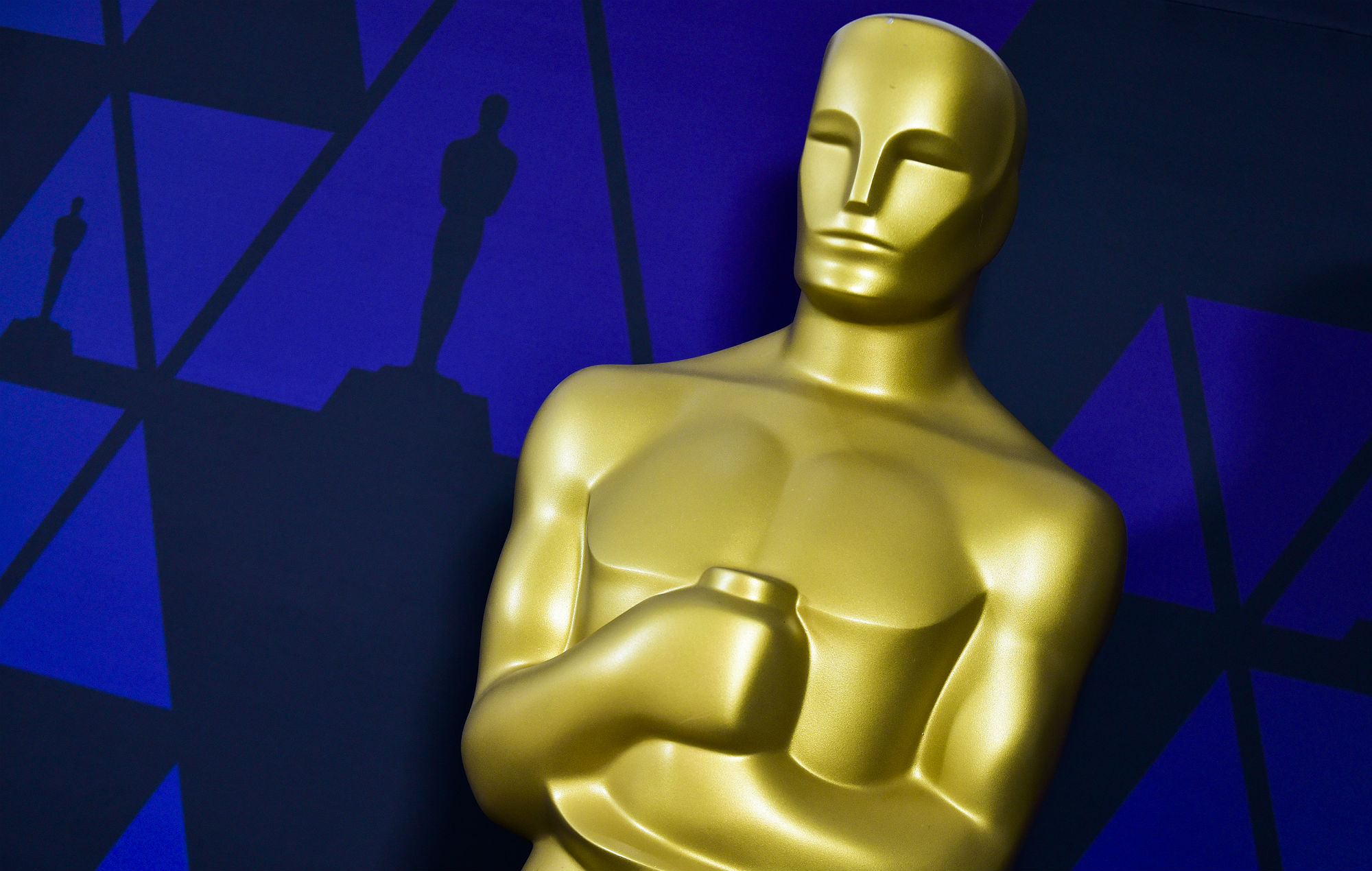
Not all TV shows are created equal, and in terms of hype and expectation, few can rival House of the Dragon. It’s not just the rumoured $20million per episode budget – poured into stunning quasi-medieval sets and dazzling CGI dragons – but the fact HBO is counting on this 10-part prequel series to continue the Game of Thrones phenomenon.
“HBO wanted more of the same, essentially,” showrunner Miguel Sapochnik tells NME at a swanky London hotel, hours before the series Leicester Square premiere. And who can blame them? From 2011 to 2019, Game of Thrones rewrote the rulebook of modern-day TV by turning a series of cult fantasy novels by George R.R. Martin into an epic 73-episode saga with movie-level production values. Gory and gripping, sexy and shocking, Thrones is still the world’s most pirated show three years after it ended.
“The patriarchy would rather destroy itself than see women on the throne”
–showrunner Miguel Sapochnik
Sapochnik, who won an Emmy for his directing work on the original series, acknowledges that he and fellow showrunner Ryan J. Condal came to the prequel with a “a basic structure” in place. Based on portions of Martin’s 2018 novel Fire & Blood, House of the Dragon is set two hundred years before events in Game of Thrones. It focuses on the implosion of House Targaryen in an era when this grand family still reigns over Westeros: in layman’s terms, this lot are Daenerys from Game of Thrones‘ squabbling ancestors.
At the same time, Sapochnik says he needed a “hook” to persuade him to return. “Taking the female perspective, which I think is different from telling a story about female characters, was a really interesting way of looking at [this world],” he explains. “It suddenly made everything new, which is really important as a storyteller because it makes you more hungry. When you’re telling the same story, it’s easy to become blasé and nonchalant, and there’s too much blood, sweat and tears invested in this [series] to be nonchalant about it.”

And so taking the female perspective became the prequel’s guiding principle. Emma D’Arcy, the non-binary actor who plays female lead Princess Rhaenyra Targaryen, says that during the audition process Sapochnik sold House of the Dragon as “a show structured around women”. Sapochnik says plainly today: “I think the core theme of this series is that the patriarchy would rather destroy itself than see women on the throne.”
Nothing about first episode ‘The Heirs of the Dragon’ – the only one NME was allowed to watch ahead of the interview – feels nonchalant. As you’d expect from a series set in the Game of Thrones world, there are a lot of characters to introduce, but the showrunners still find time for a harrowing death scene, a tightly choreographed sword fight, and Matt Smith’s Prince Daemon Targaryen casually dropping the C-bomb.

Directed by Sapochnik and written by Condal, episode one takes care to establish the fractious sibling relationship between King Viserys Targaryen (Paddy Considine), dependable holder of the Iron Throne, and his wayward younger brother Daemon. Smith calls his character, who seems petulant but capable, an “agent of chaos” and he definitely makes a striking first impression. As the episode progresses, Daemon doubles down on his claim to be Viserys’ rightful heir, much to the disapproval of various haughty courtiers who view him as a loose cannon and a liability.
We also meet the younger incarnations of the two female characters whose perspectives will drive the series. As King Viserys’ firstborn child, Princess Rhaenyra Targaryen (Milly Alcock) is a potential heir as well, but her gender is seen as a strike against her. Rhaenyra’s best friend Lady Alicent Hightower (Emily Carey) is also chafing against the patriarchal society they’ve been born into. At one point, her scheming father Ser Otto Hightower (Rhys Ifans) sends her to “comfort” Considine’s king, a man well over twice her age. Lady Alicent is clearly horrified, but dutifully does as her father instructs.
“Rhaenyra’s been raised in this place of privilege”
–Emily Alcock
When Alcock and Carey were first approached by HBO, House of the Dragon was so top-secret that they weren’t even told what they were reading for. They only found out at their second audition; and even then, they were given mock scripts with deliberately ambiguous character descriptions. Alcock says she felt “complete disbelief” when she realised she might be cast in a Game of Thrones spin-off, and then a sense of “frustration”. “I was like ‘dammit, now I’m definitely not going to get this,” she recalls. “If it was something that was a bit less big, then I might have a shot.”
Still, it’s not difficult to see why Alcock, 22, and Carey, 19, landed these potentially career-making roles. Each captures her character’s inner conflict beautifully while conveying the unique bond between Princess Rhaenyra and Lady Alicent, who’ve grown up almost like sisters. “They’ve been raised in this place of privilege, but they’re still young women,” Carey says. “And that’s still the bottom of the food chain,” Alcock adds. “So they have this facade of being at the top,” Carey continues, “even though they’re really not at all.”

At the first season continues, Carey says we’ll see hints of rebellion and self-determination from the Westeros women. “We see both of these characters in their own ways combat those feelings by trying to play against it and trying to go with it, and by trying to be submissive or trying to be outrageous,” she explains. “And it was so much fun to be able to play that.”
In a bold swing from the showrunners, episode six will introduce new, slightly older versions of Princess Rhaenyra and Lady Alicent played by Emma D’Arcy (Truth Seekers) and Olivia Cooke (Sound of Metal). Interestingly, none of the other main characters will be recast in this way during the first season. “Listen, there was nothing easy about figuring out who we should make older [with makeup] and who we should recast,” says Sapochnik. “We knew that we didn’t want to use makeup as much as possible, not just because of time in the makeup chair, but also because I think that would have drawn attention to it.”
“Daemon is an agent of chaos”
–Matt Smith
Sapochnik says Smith’s character, for example, needed very little ageing makeup because Daemon was “always meant to be this sort of androgynous, ageless figure”. Alicent is also supposed to seem somewhat ageless, as well as “the most beautiful woman in the court”, but Sopochnik says recasting her made sense in terms of furthering the story. As viewers, we won’t know until it happens, but recasting Rhaenyra and Alicent might end up highlighting the fact that they’re our true point-of-view characters.
“They’ve changed a lot,” Cooke says of the older Rhaenyra and Alicent. “They’re adults now and they have, in some ways, a lot more agency and a lot more power that they can wield. But then in other ways, they don’t have that much autonomy at all.” D’Arcy says the two women take different paths in trying to improve their respective positions: whereas Rhaenyra begins to understand that she can “carve out new [and] alternative spaces” for herself, Alicent is instead “seeking space very much inside the court”.

D’Arcy also hints that Rhaenyra has an increasingly fraught relationship with her father, Considine’s King Viserys. “I think probably she scapegoats her doubt onto him,” they say. “Despite the fact that she and her father are quite fundamentally different, I think she probably craves his praise above anyone else’s, but is unfortunately too stubborn to ever ask for it.” For this reason, D’Arcy says Rhaenyra ends up channelling her energies into “the completion of his will and doing right by him,” perhaps at times misguidedly.
But when House of the Dragon begins, King Viserys is much more preoccupied with his troublesome younger brother. Despite vocal protests from courtiers including Lord Corlys Velaryon (Steve Toussaint), the husband of Viserys’ cousin Princess Rhaenys (Eve Best), the King has given Daemon several important roles that he’s made a mess of. Smith says the two brothers are bonded by a “deep-rooted love”, but also find themselves “at odds with one another all the time”.
“There’s a lot of paranoia around the Iron Throne”
–Paddy Considine
Is the problem that they don’t understand each other – or that they erroneously think they do? “I think part of it is that they probably don’t truly understand each other because they don’t know how to communicate in that way,” says Considine. “You know, there’s a lot of paranoia around the Iron Throne, and I don’t think that Viserys ever thinks that Daemon actually wants to sit on that throne himself and be King.”
Smith agrees that Daemon isn’t really driven by claiming power. “All he wants is his brother’s attention, really,” he says. “He’s not just an agent of chaos. There’s a deep fragility and sensitivity to him [too]. He’s a normal human being as much as anything.”

No Game of Thrones fan will be surprised to hear that Daemon and Rhaenyra aren’t the only contenders for the Iron Throne – that would be much too simple. In episode one, Lord Corlys tentatively suggests that Viserys should name his wife – the King’s cousin Princess Rhaenys – as his rightful heir. Rather cruelly, Rhaenys is known as the “Queen Who Never Was” because she was once a strong candidate to rule over Westeros, before her grandfather chose Viserys for the job instead.
We don’t see much of Rhaenys in episode one, but she certainly seems smart and inscrutable. Best says her character’s aim, at least initially, is simply to “keep an appearance of being OK with the status quo”. Though she has “bubbling resentments and hurts and sadnesses” lurking beneath the surface, Rhaenys is “too good a politician” to let it show.
“This show is structured around women”
–Emma D’Arcy
But according to Toussaint, her husband is much more overt in his ambitions. “Corlys is less cool. He can explode sometimes,” he says. “I think his main motivation for this season is basically, in forlorn hope, to get his wife on the throne. Because as far as he’s concerned, that’s her rightful place and she’s the most qualified person.”
House of the Dragon is a tightly wound tapestry of intrigue from episode one, but Carey says it’s only going to get knottier. “There’s a whole web of lies that comes about… in the time that [Alcock and I] play the characters,” she says. “And at some point they start to disintegrate and the web starts to unfold.” Carey lets out a laugh in case her mouth runs away with her. “I’m trying not to spoil anything, but there’s lots of discoveries, lots of confessions and lots of things unfolding. Think secrets and lies: it’s very Game of Thrones-y.”

The storytelling may be complex and layered, but Sapochnik hopes people leave season one with a straightforward takeaway: “That they want to see the next season.” Though he’s not allowed to say how far ahead he and Condal are planning, Sapochnik admits there’s no point being too coy about the show’s future given that fans already know the source material.
“You know, it’s the story of the Dance Of The Dragons, so essentially we know what’s coming: there’s going to be a Targaryen civil war,” he says. “I would like that civil war, when it comes and we have to do episodes that are full of fighting, for those episodes to feel like they’re about something other than the fighting.”
For this to happen, Sapochnik believes season one needs to make us care “not just about one of these characters, but about all of them”. On the evidence of House of the Dragon’s mesmerising first episode, he and Condal are laying down the groundwork very cleverly indeed.
‘House of the Dragon’ is available from August 22 on Sky Atlantic and NOW
The post ‘House Of The Dragon’ cast and creators on the return of ‘Game Of Thrones’ appeared first on NME.









